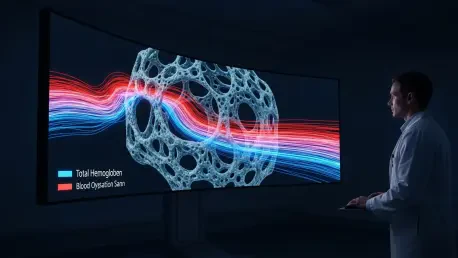
The path from discovering a suspicious breast lump to receiving a definitive diagnosis is often fraught with anxiety, culminating in a biopsy that, for a vast majority of individuals, confirms the lesion is benign. In the United States alone, an astonishing 75% to 80% of all breast biopsies yield
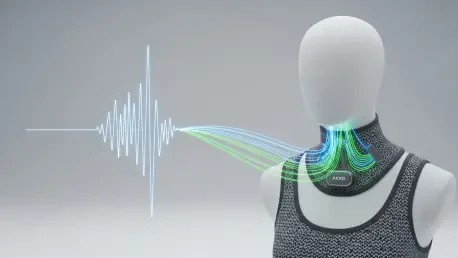
We're joined today by Ivan Kairatov, a biopharma expert whose work at the intersection of technology and research is pushing the boundaries of what’s possible in patient care. We'll be exploring a groundbreaking AI-powered wearable that translates silent throat movements into fluent speech for
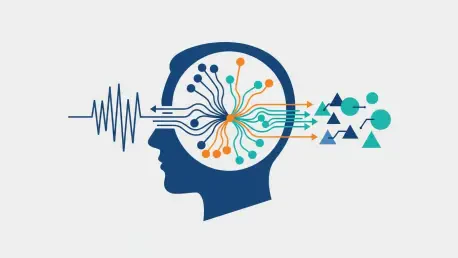
Artificial intelligence has made remarkable strides in recognizing human emotions from facial expressions and tone of voice, but a groundbreaking new framework is now aiming for a far more ambitious goal: computationally modeling how emotions are formed in the first place. Researchers in Japan have
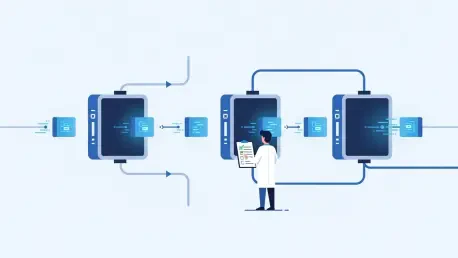
The pharmaceutical industry is in the midst of a monumental technological pivot, committing billions of dollars to the promise of artificial intelligence agent platforms in a bid to revolutionize its long-standing operational models. Spearheaded by landmark collaborations like the global
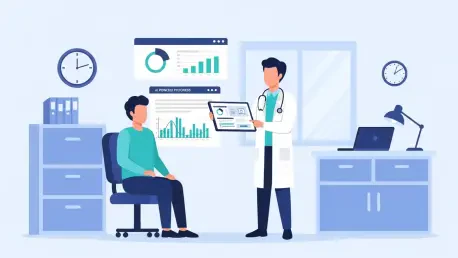
As a biopharma expert deeply embedded in the intersection of technology and research, Ivan Kairatov offers a pragmatic perspective on the integration of artificial intelligence into medicine. He navigates the hype surrounding large language models to focus on the rigorous clinical evaluation needed

Harnessing the immense chemical complexity of the natural world through the lens of artificial intelligence is fundamentally reshaping the landscape of modern medicine and biotechnology. This review explores the evolution of this approach, its key technological components, recent clinical